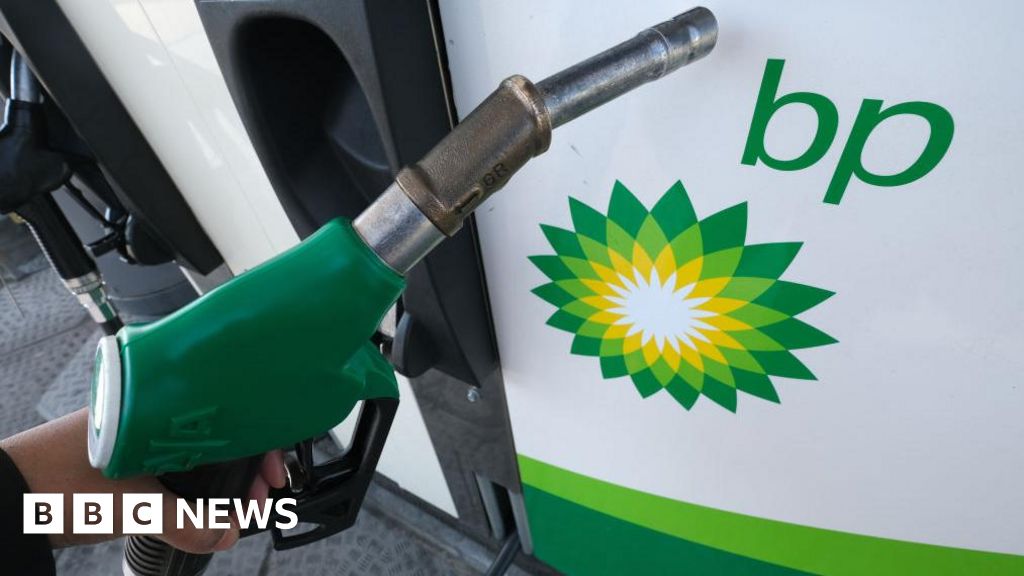BP’s profits have risen sharply as oil and gas prices soar amid a global economic bounce back.
Its boss Bernard Looney told Reuters that the oil giant was “a cash machine at these sort of prices”.
BP said underlying replacement cost profit, its most closely-watched measure of profit, was $3.3bn (£2.4bn) in the three months to 30 September.
The company added that it expected natural gas prices to remain higher in the coming months of peak winter demand.
Oil and gas prices around the world have surged as supplies struggle to keep up with strong demand from economies recovering from the Covid pandemic.
Oil cartel Opec has only increased production slowly after deep cuts made last year during the pandemic.
BP said it expected natural gas prices to remain “strong” in the coming months of peak winter demand.
The company “is a cash machine at these sort of [oil and gas] prices and the business is running very well,” chief executive Bernard Looney told Reuters.
Its third quarter profits mark a significant rise from the $2.8bn profit seen in the second quarter and $86m a year earlier, when energy demand and prices collapsed due to Covid.
Carbon emissions
While the firm is reaping bumper profits at the moment, the long-term outlook for fossil fuel demand remains uncertain.
World leaders are gathering in Glasgow this week for a UN conference designed to avert the most disastrous effects of climate change.
BP plans to sharply reduce its carbon emissions in the coming decades by increasing its renewable power capacity 20-fold by 2030, while reducing its oil output by 40% and diverting more funds to low-carbon investments.
However, it is still investing billions in oil, focusing on oil fields where it can make higher profits.
But Michael Hewson, chief market analyst at CMC Markets UK, said “The company can talk about ‘Performing while Transforming’ all it likes but it needs to prove to shareholders and the markets as a whole that it can transition to renewables in a way that doesn’t hammer its margins, and the jury is likely to remain out on that.”
Mr Looney said the company had not faced calls from investors to split into separate low-carbon and oil and gas divisions, after an activist fund called for rival Royal Dutch Shell to break up its business last week.

